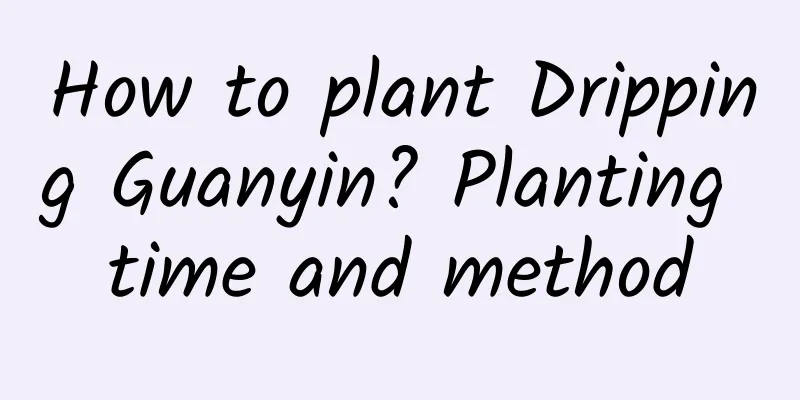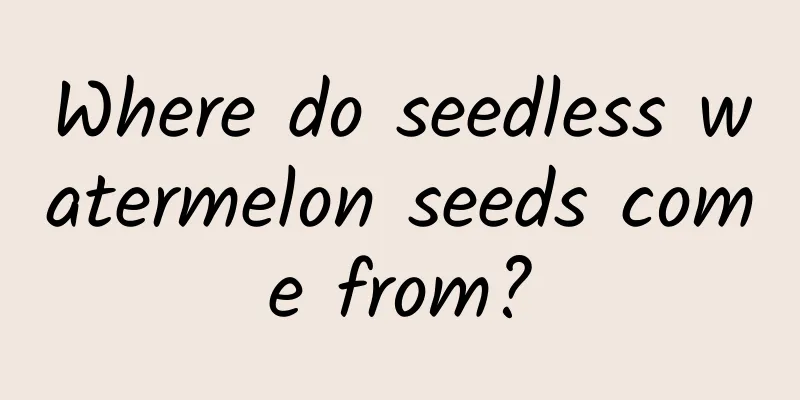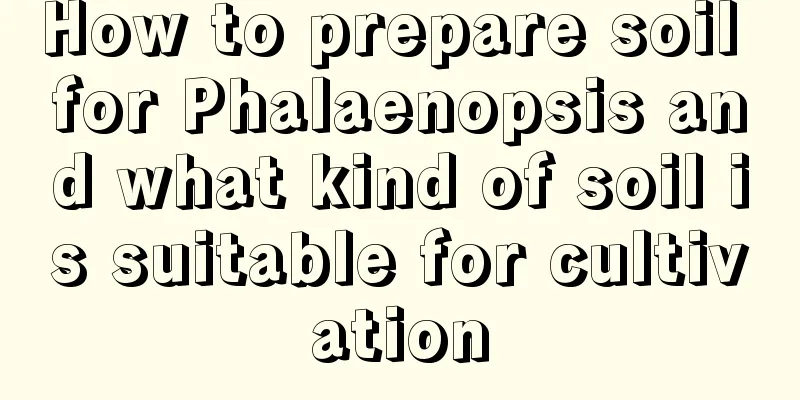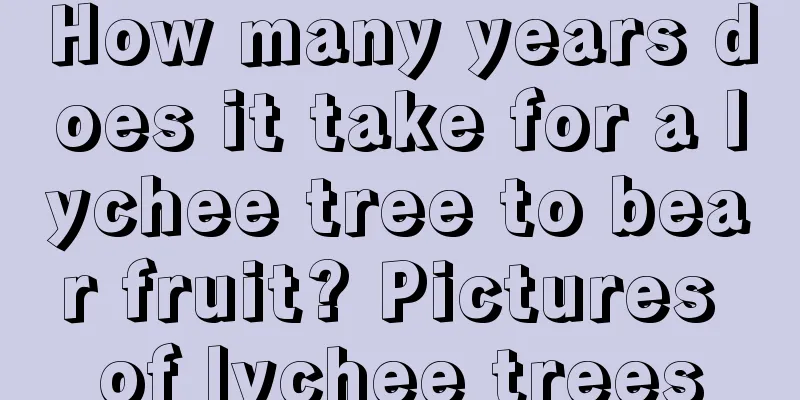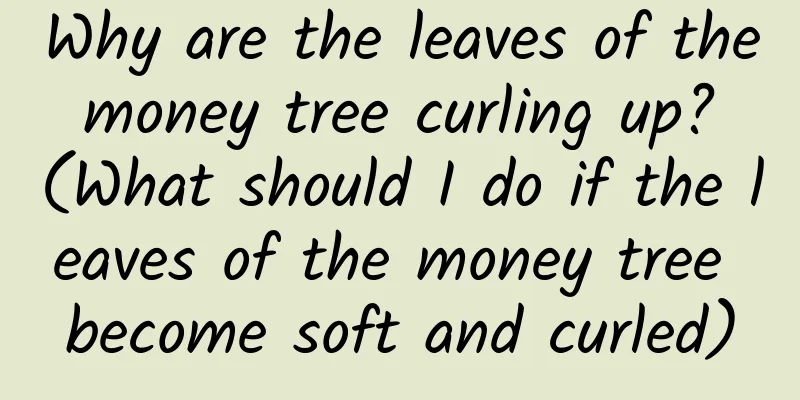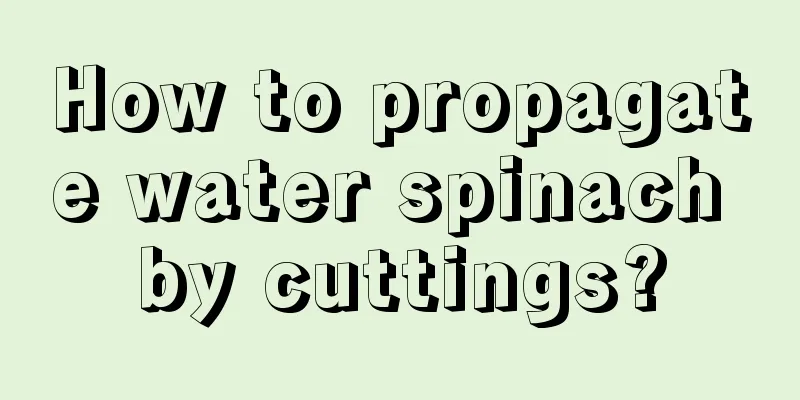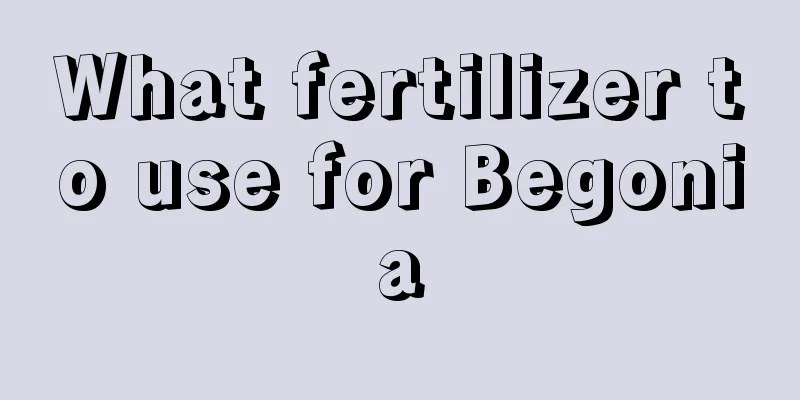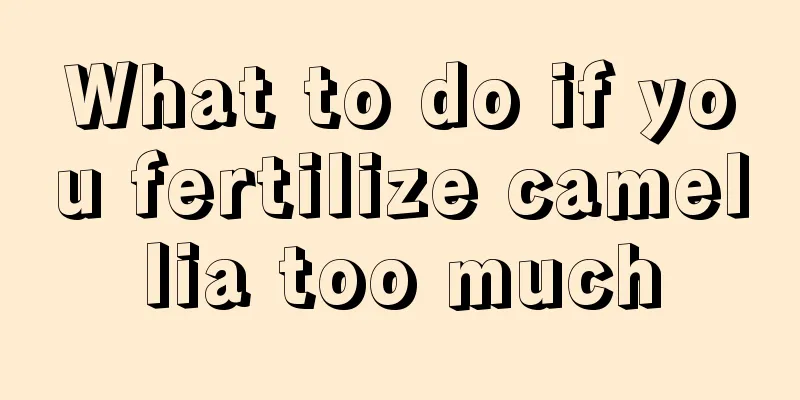What insects does dinotefuran kill?
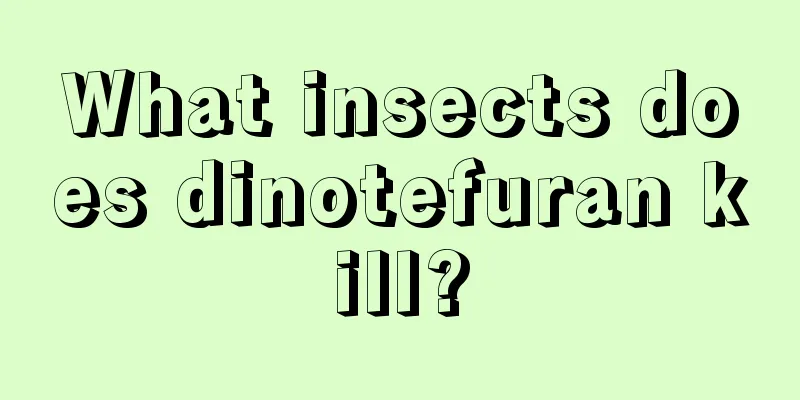
|
Dinotefuran is a common neonicotinoid insecticide that has a good insect control effect on crops such as wheat, rice, cotton, vegetables, fruit trees, and flowers . So what insects does dinotefuran kill specifically? Let’s learn more about it below. What insects does dinotefuran kill? Dimethoate has a very wide spectrum of insecticides. It can control various pests of Hemiptera, Lepidoptera, Beetles, Diptera, Orthoptera, Hymenoptera, etc., such as various planthoppers, stink bugs, whiteflies, leafhoppers, leaf miners, thrips, flea beetles, mealybugs , aphids, as well as leaf miners, peach borers, rice borers, diamondback moths, cabbage loopers, etc., and is highly effective against sanitary pests such as fleas, cockroaches, termites, houseflies, mosquitoes, etc. All"> How to use dinotefuran? 1. Usage (1) Foliar spraying: To control aphids, thrips, whiteflies , Bemisia tabaci and other pests on crops such as cotton, cucumber, zucchini and pepper, use 20% dimethoate soluble granules at the early stage of the pest outbreak, 20-40 g/mu, add 30 kg of water and spray evenly. Spray once every 7 days. Two sprays can completely control the pest damage. (2) Soil treatment: To control aphids, leafhoppers and other pests on fruit trees such as apples, pears, peaches and citrus, you can combine it with topdressing. Use 500-1000 grams of 1% dimethoate granules per mu, mix it evenly with fertilizer , and spread it around the fruit trees. It can effectively control pests such as aphids, leafhoppers, psyllids and scale insects. (3) Topdressing: It can be used in conjunction with topdressing to quickly control the damage caused by pests such as whiteflies, whiteflies, thrips, and aphids on crops such as tomatoes, peppers, watermelons, zucchini, melons, and beans. 2. Usage (1) The use of dinotefuran is prohibited during the flowering period of crops, especially the rice flowering period. (2) When using dinotefuran, pay attention to the dosage and avoid overdose. Follow the recommended dosage on the product instructions and do not increase the dosage on your own. (3) Dimethoate is toxic to silkworms, bees, shrimps, crabs and other animals, so it is prohibited to use it in silkworm rooms, near mulberry gardens, and in rice fields where shrimps and crabs are raised. In addition, dinotefuran can easily cause groundwater pollution, so it should be used with caution in areas with good soil permeability or shallow groundwater levels. In general, dinotefuran has the characteristics of contact and stomach poisoning, strong systemic properties and long lasting effect. It is currently a widely used insecticide that can prevent and control many types of pests, but you must pay attention to its usage and dosage.
|
<<: How to fertilize Clivia and what fertilizer to use to make it bloom
>>: Clivia fertilization and maintenance, the correct way to water
Recommend
Is hibiscus suitable for indoor cultivation? (How to grow hibiscus potted plants indoors)
The main consideration when deciding whether flow...
How to treat pig hind limb paralysis in summer?
The high temperature and high humidity in summer ...
Polygonatum sibiricum planting methods and conditions
Polygonatum sibiricum is a traditional Chinese me...
What are the cultivation methods and precautions of money string flower
How to grow money string flower The money tree is...
What do grapes look like? Grape pictures
1. What does it look like? Grapes are very popula...
Maintenance methods of Jinyumantang bonsai
Jin Yumantang is suitable for growing in slightly...
How to take care of the newly bought Clivia
1. Prepare the flower pot Before buying Clivia, y...
Can mangosteen be grown in Hunan?
Can mangosteen be grown in Hunan? Mangosteen can ...
Rose's Habits
1. Sun-loving Rose is a positive plant. It will g...
How to make Chlorophytum comosum grow wildly
1. Apply fertilizer in time If you want the phala...
Can I grow camellia at home?
Can I grow camellia at home? You can plant camell...
How to grow azalea in summer
1. Cooling Because summer is often the hottest ti...
Suitable for leaders' office green plants
1. Pothos The green ivy is very suitable to be pl...
The efficacy and function of violet
Decorative effect Violets are the most important ...
How does white clover survive the winter
prune Because white clover is generally not prune...
